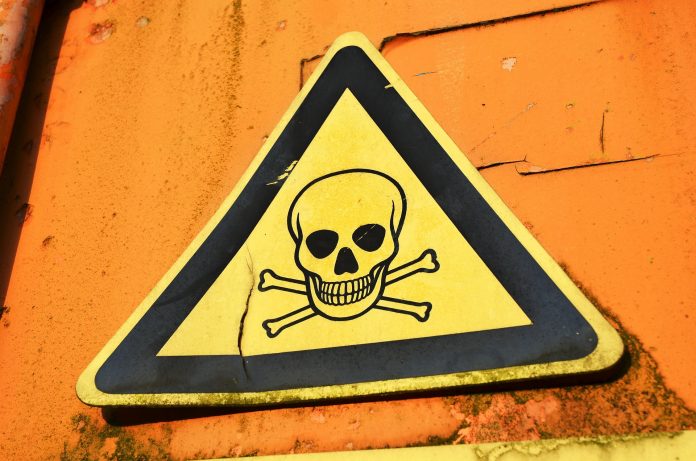Over the past few years, spam filters have become much more strict. This means that as email marketers, we need to be aware of how to maintain a good sender reputation and not engage in any activities that may cause damage to our company domain name.
A poor sender reputation can lead to your domain being blacklisted by the spam filters. If this happens it can be really hard to convince them to remove the listing. With a black listing in place, it can make life incredibly difficult when it comes to achieving decent inbox placement.
A blacklisting pretty much guarantees that your emails won’t get through to your recipients.
Most email marketers know that the fastest route to getting a blacklisting is to use purchased lists, so these lists are a real no-no nowadays.
There are other factors though, that can contribute towards both a negative sender reputation and a black-listing. In this video we are going to take a look at each of the key factors and how to avoid them:
Sending Unsolicited Emails: Sending emails to recipients who have not opted in or consented to receive emails from you can result in spam complaints, potentially leading to a poor sender reputation.
High Spam Complaint Rates: If you receive a high volume of spam complaints from your email recipients, mailbox providers may view your domain negatively. Managing these complaints is crucial.
Sending Low-Quality Content: Poorly written or irrelevant content that triggers spam filters can negatively affect your sender reputation. This includes using spammy language, excessive capitalization, or misleading subject lines.
Not Offering an Unsubscribe Option: Failing to provide an easy and functional unsubscribe option in your emails can lead to recipients marking your emails as spam.
Sending Too Many Emails in a Short Period: Sending a large number of emails in a short timeframe can trigger spam filters. It’s important to pace your email campaigns.
Ignoring data protection regulations: Failing to comply with data protection regulations, such as GDPR, can lead to legal issues and negatively affect your sender reputation.
Having a Poorly Maintained Email List: An outdated or unclean email list that includes a high number of invalid or non-existent email addresses can harm your sender reputation.
Not Using Email Authentication: Lack of proper email authentication (SPF, DKIM, DMARC) can lead to email spoofing and phishing, which can result in a poor sender reputation.
Using Abusing URL Shorteners: Some URL shorteners are associated with spam. Using reputable and direct links in your emails is a good practice.
Failing to Monitor and Respond to Bounce Rates: High bounce rates, especially hard bounces, can indicate an outdated or poorly maintained email list.
To ensure your domain name isn’t blacklisted, it’s crucial to follow best practices for email marketing, maintain a clean and engaged email list, and comply with legal and privacy regulations.
Monitoring your email performance, managing spam complaints, and utilizing email authentication methods can help protect your sender reputation.
Additionally, using reputable email marketing software with built-in compliance and deliverability features can aid in maintaining a good sender reputation.


